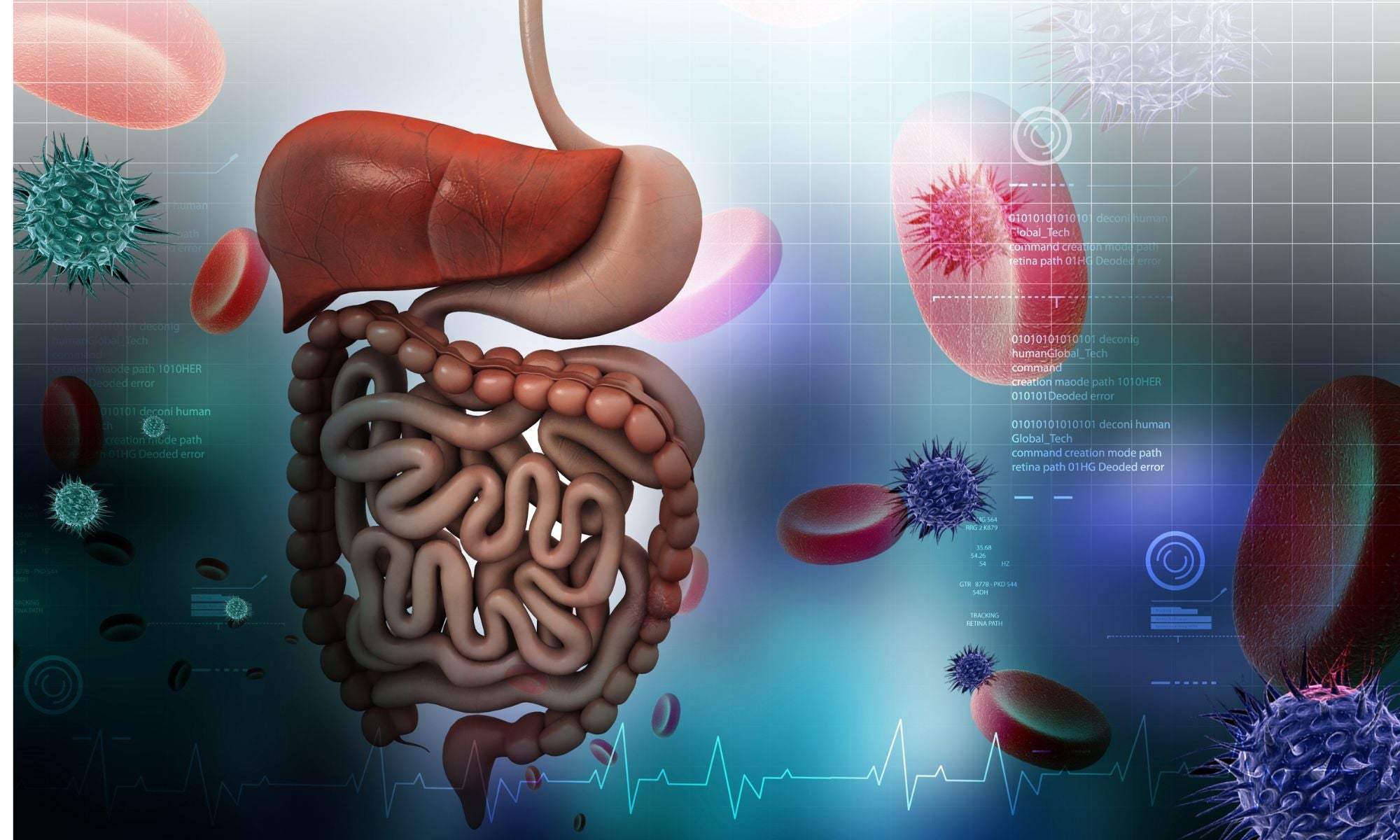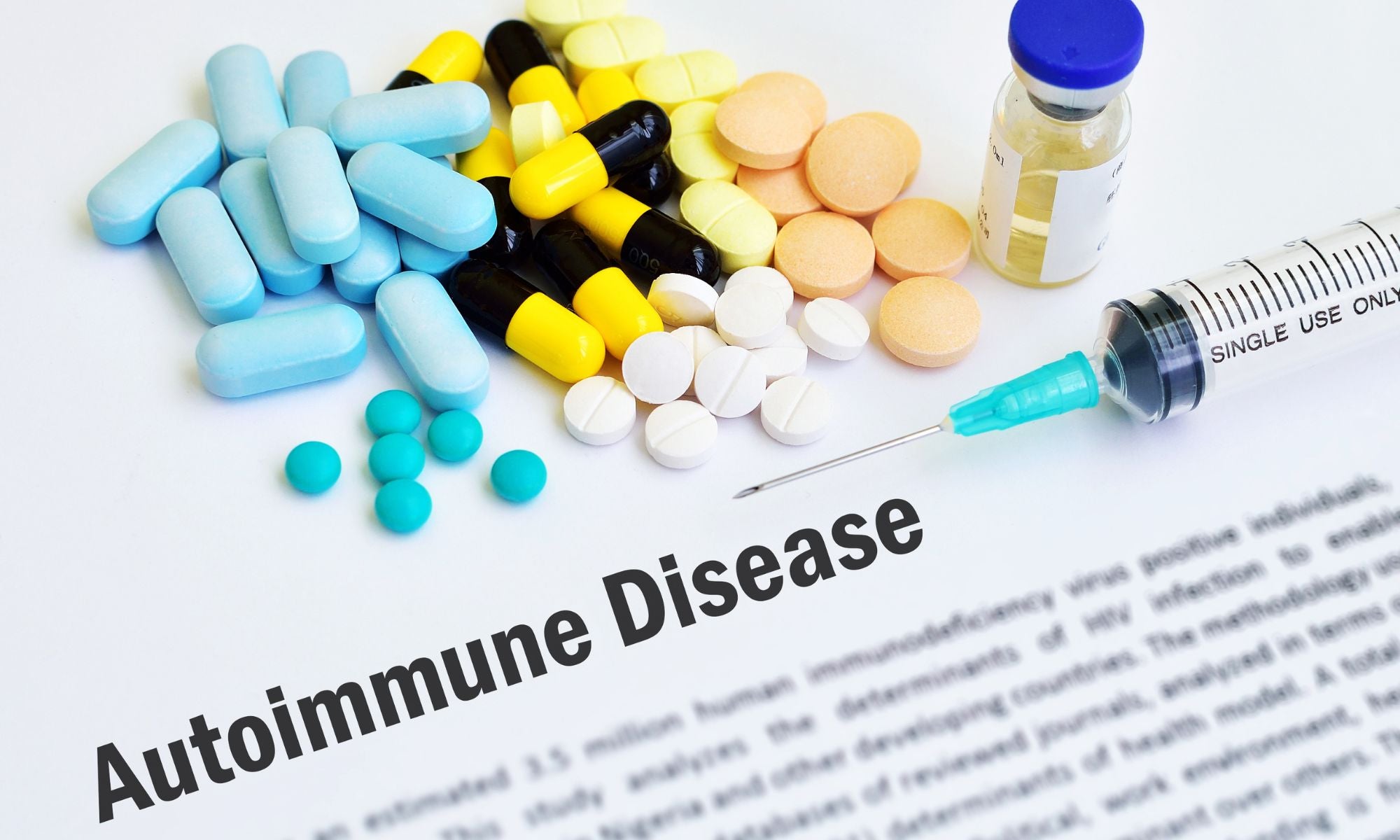
Digestive Health and Aging: What You Need to Know
Introduction
As you age, your body’s ability to digest food decreases. This can lead to a variety of digestive health problems, including constipation, diarrhea, and heartburn. Fortunately, there are plenty of things you can do to keep optimal digestive healthy as you get older. In this article, we will discuss how aging affects digestion and give tips for staying healthy as you age.
Your body's ability to digest food diminishes as you get older.
As you grow older, your body’s ability to digest food declines. The digestive system slows down and the body’s ability to absorb nutrients is reduced. The liver and pancreas do not work as well, which means they cannot produce enough enzymes to fail food and absorb nutrients in the intestines and small intestine (the part of the gastrointestinal tract that connects to your large intestine).
The intestines become less elastic—they do not stretch as far when you eat a big meal or drink lots of liquids before bedtime like they used to when you were younger—so digestion takes longer than it used to.
You may have to reduce the amount of food you eat and take steps to avoid overeating.
Although you may eat more than in previous generations, you may have to reduce the amount of food you eat and take steps to avoid overeating. As we age, chewing and swallowing can become difficult. In addition, older people may not digest food as well as they once did.
Because of these changes in our bodies, it is important that we eat smaller meals and snacks throughout the day instead of three large ones—this will help keep blood sugar levels steady so that we do not feel hungry or lightheaded when we stand up after sitting for long periods (such as at work).
Overindulging in high-calorie foods can cause weight gain, which increases risk factors for heart disease and stroke even further; therefore, it is important not only what kind but also how much food you consume each day!
You can prepare meals that are easy to digest.
Avoid fried foods, spicy foods, and fatty foods. Fried and spicy foods can be hard on your digestive system and cause indigestion or heartburn.
Go easy on high-fiber foods like beans, whole grains, and fresh fruits (not dried). High-fiber diets can cause gas and bloating in some people if they do not have enough time to digest properly before going out into the world again!
Avoid high-fat foods such as steak or bacon because these may increase symptoms of GERD (gastroesophageal reflux disease). Avoid high-protein meals such as chicken wings, which may irritate the esophagus because their pH level is higher than normal saliva levels found inside our body’s oral cavity (mouth).
Prepare meals with moist cooking methods, such as steaming, stewing and sauteing.

Moist cooking methods, such as steaming, stewing, and sauteing, are healthier than dry methods. This is because most cooking methods allow for more nutrients to be preserved in your food. Also, these types of cooking processes are easier on the digestive system as they require less effort from your body in order to digest them. Some examples of moist cooking methods include:
Braising (stewing)
Poaching (steaming)
Eat foods that the digestive system doesn't break down.
Consume foods that cannot be broken down by digestion.
Avoid foods that are hard to digest, especially if you have digestive issues or are suffering from an illness.
Eat plenty of fiber, which can help with constipation and diarrhea; avoid spicy food because it may irritate your stomach (spices include black pepper, chili powder, cinnamon, cumin seed, and red pepper flakes); also avoid processed foods as much as possible because they often contain preservatives and other additives that could cause harm to your body. Avoid high-fat foods like fried chicken wings or bacon cheeseburgers because they take longer for your stomach to digest than other types of food.
Include plenty of fiber-rich foods in your diet.
Fiber is important for digestion and overall health. In fact, you need to get about 25 to 30 grams of fiber each day (about 14 to 18 grams per 1,000 calories). Fiber helps clean out your digestive system so that it can work more efficiently; it also helps you feel full with less food, which can lead to weight loss.
Fiber also has been shown to lower cholesterol levels and prevent constipation by adding bulk to stool—and if you are experiencing these issues as part of aging or other conditions like irritable bowel syndrome (IBS), then increasing your intake of high-fiber foods could be helpful!
It is important to eat well as a senior
As you get older, it’s important to eat well and maintain a healthy weight. A well-balanced diet should include:
Regular meals that include fiber-rich foods such as whole grains and vegetables. Fiber helps keep you feeling full longer so you do not overeat.
Foods that are easy to digest, such as lean meats and low-fat dairy products (like milk), don’t require extra work from your digestive system.
Moderate portions of healthy fats like olive oil or nuts when they fit into your daily calorie limit—remembering not to go overboard on high-calorie foods like these!
Conclusion
As you age, it is important to keep your digestive system in good working order. Digestive health can affect your overall well-being and quality of life, so it’s worth making changes now to ensure that you stay healthy as long as possible.











